Top Class Actions’s website and social media posts use affiliate links. If you make a purchase using such links, we may receive a commission, but it will not result in any additional charges to you. Please review our Affiliate Link Disclosure for more information.
In the last few years, banks have received national attention for a number of unfair practices, from questionable overdraft charges to opening fake bank accounts.
Another issue some consumers are reporting with their banks is unfair fees, including the assessment of multiple NSF fees, or non-sufficient funds fees, for a single transaction.
What are NSF fees?
NSF stands for non-sufficient funds. An NSF fee is a charge that a bank makes against a customer’s account a transaction they attempt to make fails to go through, or is returned. For this reason, an NSF fee is also sometimes called a returned item fee.
The practices of charging an NSF fee may sound similar to another type of bank fee that is both quite common and has been the subject of a slew of lawsuits: overdraft fees. But a bank only charges overdraft fees when a person has already opted into an overdraft protection program, and the customer overdraws their account.
NSF fees are capped at the state level, commonly at $20, $25, or $35, though some states limit fees to a percentage of the bounced check amount. Despite these caps, some banks may still manage to overcharge their customers on a single transaction.
Certain banks have decided to stop charging NSF fees entirely in 2022. However, others have doubled down. Lawsuits allege that some banks use deceptive overdraft policies to maximize the amount of money they can wring out of customers.
In the case of NSF fees, banks may also be charging customers unfairly. Indeed, a customer may be charged more than one NSF fee for a single transaction that fails to go through. Essentially, the bank would charge one non-sufficient funds fee as it should, after the transaction fails to go through initially. But then, a bank might attempt to process a transaction a second time soon thereafter, already knowing the account has insufficient funds, thus being able to charge a second NSF fee. The Federal Deposit Insurance Corporation (FDIC) warned banks in August 2022 that it would take action against multiple NSF fees on a single transaction.
In some cases, a consumer may be able to avoid getting hit with NSF fees. Others, however, are stuck paying these fees — sometimes more than once.
Filing an NSF fee lawsuit
Some consumers affected by these practices have taken to litigation, alleging that they were unfairly charged multiple NSF fees by their banks, or otherwise affected unfairly. One Oklahoma woman, plaintiff Lisa M., filed a class action lawsuit in March 2018, alleging that Bank of America charged her and numerous other customers multiple NSF fees. In her case, she was allegedly charged two $35 NSF fees over the course of two days after the bank resubmitted her transaction too early. This problem with Bank of America, she alleges, has occurred to her more than once — and she says it has happened to more customers than just her, as well.
According to Lisa’s class action lawsuit, Bank of America has the “contractual discretion to reject transfer attempts. There is absolutely no reason to attempt a transaction it knows will fail — except to maximize its fee revenue.”
Lisa filed her class action lawsuit on behalf of herself and all others in a similar situation who may have been hit with an unfair return item fee because of these or similar practices.
NSF fee class action lawsuits can result in significant rewards for plaintiffs and other affected customers. NBT Bank recently agreed to pay $4.25 million to resolve claims that it charged unfair NSF fees, providing affected customers with cash payments.
If you were unfairly charged multiple NSF fees for a single transaction by your bank, you may be able to join this class action lawsuit investigation. Filing a lawsuit can be a daunting prospect, so Top Class Actions has laid the groundwork for you by connecting you with an experienced attorney. Consulting an attorney can help you determine if you have a claim, navigate the complexities of litigation, and maximize your potential compensation.
The Returned Item Fees Lawsuit is Case No. 3:18-cv-157, in the U.S. District Court for the Charlotte Division of the Western District of North Carolina.
Join a free returned item fee class action lawsuit investigation
If you were charged multiple returned item fees (also known as NSF fees or insufficient funds fees) on the same transaction by your bank, you may be entitled to compensation.
ATTORNEY ADVERTISING
Top Class Actions is a Proud Member of the American Bar Association
LEGAL INFORMATION IS NOT LEGAL ADVICE
Top Class Actions Legal Statement
©2008 – 2024 Top Class Actions® LLC
Various Trademarks held by their respective owners
This website is not intended for viewing or usage by European Union citizens.





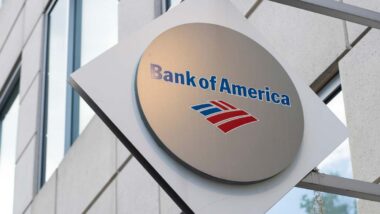
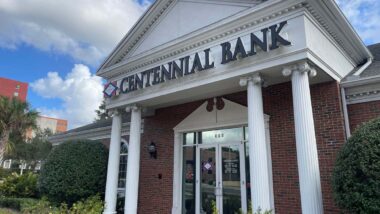



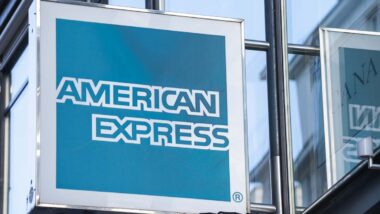

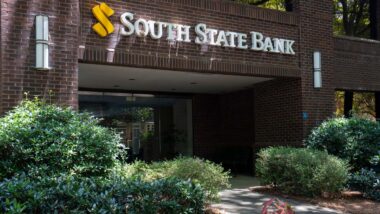


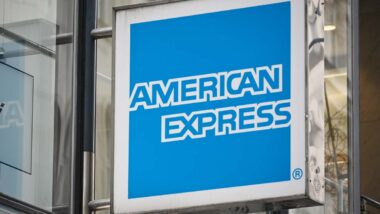
104 thoughts onAre you being charged unfair NSF fees?
Add me please
Add me
My mom passed away and capitial bank charged nsf fees on payments she had made before her death becouse they froze her account due to death however the funds were in her account. They drained her account due th this.
Add me
Please add me. Imalways getting charges nsf fees even with overdraft protection $31-37
add me
Please add me. Wells fargo is always taking money for thease false fees
Please add me. I’m constantly being charged for everything under the sun with these banks and enough is enough. Even with a pandemic going on they are still charging for everything.
TD Bank posts payments of bills before bank deposits even if they were deposited before the date the ACH or check posted. They pay the bills and charge multiple over draft fees for everything that you’ve purchased on that day. So when they finally post your money, half of it is gone.
U.S.Bank, Chase, and Wells Fargo do the exact same corrupt tactics. Even when you have receipts of your deposits slips and transaction receipts, they still tell you that it is the way they are posted by the computer. ??? Shouldn’t it be as they come in by time/date stamped? Crooks!
Yes!! I was taught that it’s the credits before the debits!! Whatever happened to that?
ADD ME
$500 plus in NSF BY CREDIT UNION
Add me PLEASE, 0 balance, now over $5000.00 balance. All just overdraft fees. At the end of my rope. No one will help. This is total crazyness.
I have had to pay several times to PNC after they charged me overdraft fees but I have not been opted in to overdraft for a very long time. Not only did they do it a few months ago, where they juggled around the payments they approved telling me they honor the automatic payment set up, I informed them that the payments in question were done by me manually online to the companies, not set up for automatic. Then they did the same thing last month, claiming I had automatic payments set up, but no.
They do not honor the fact I do not have overdraft protection and making me pay the same fees.